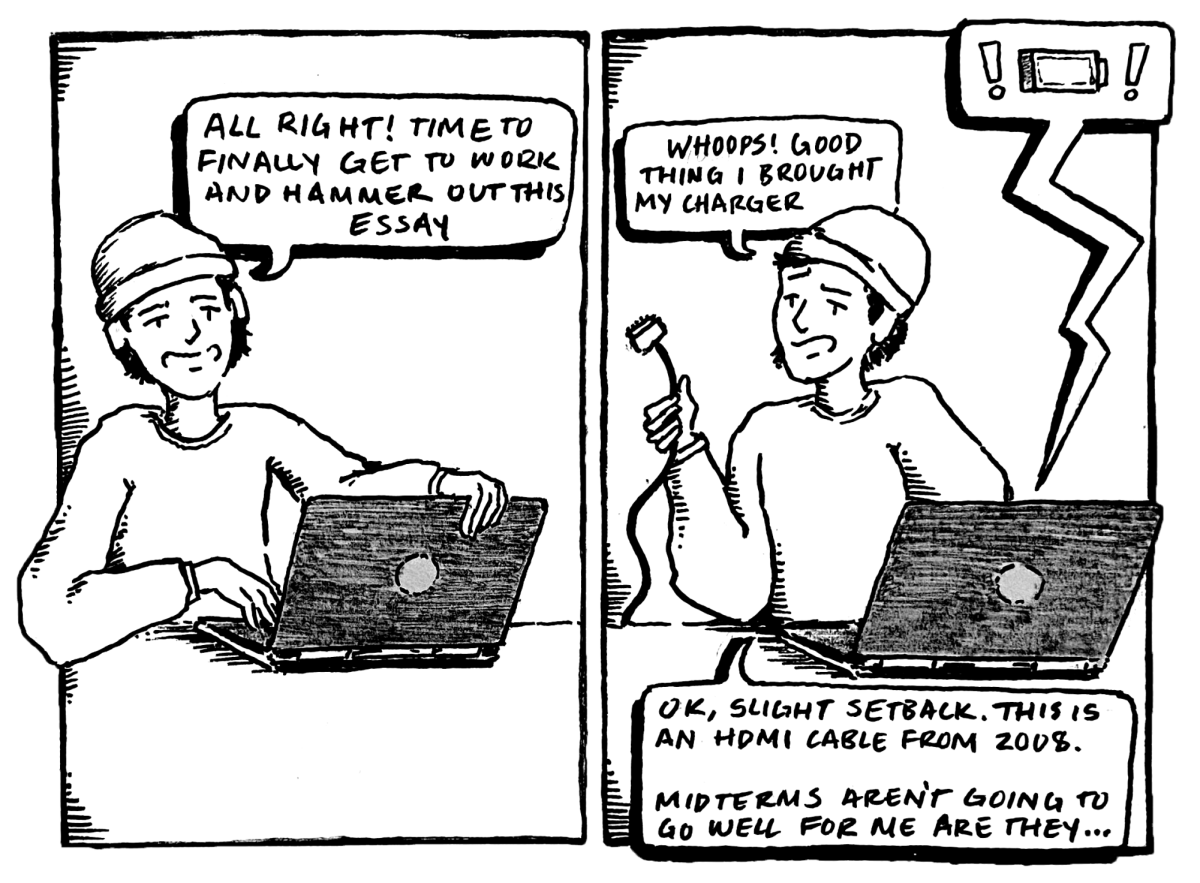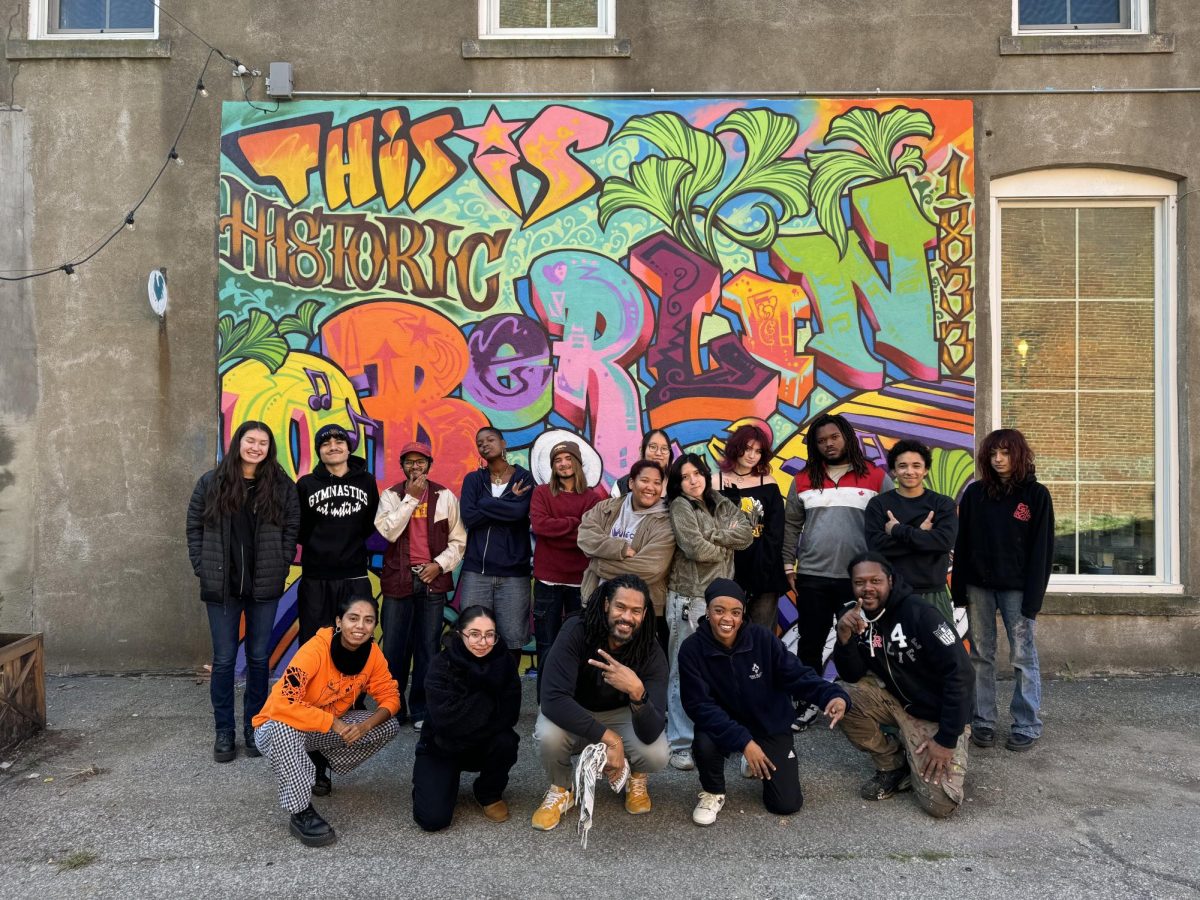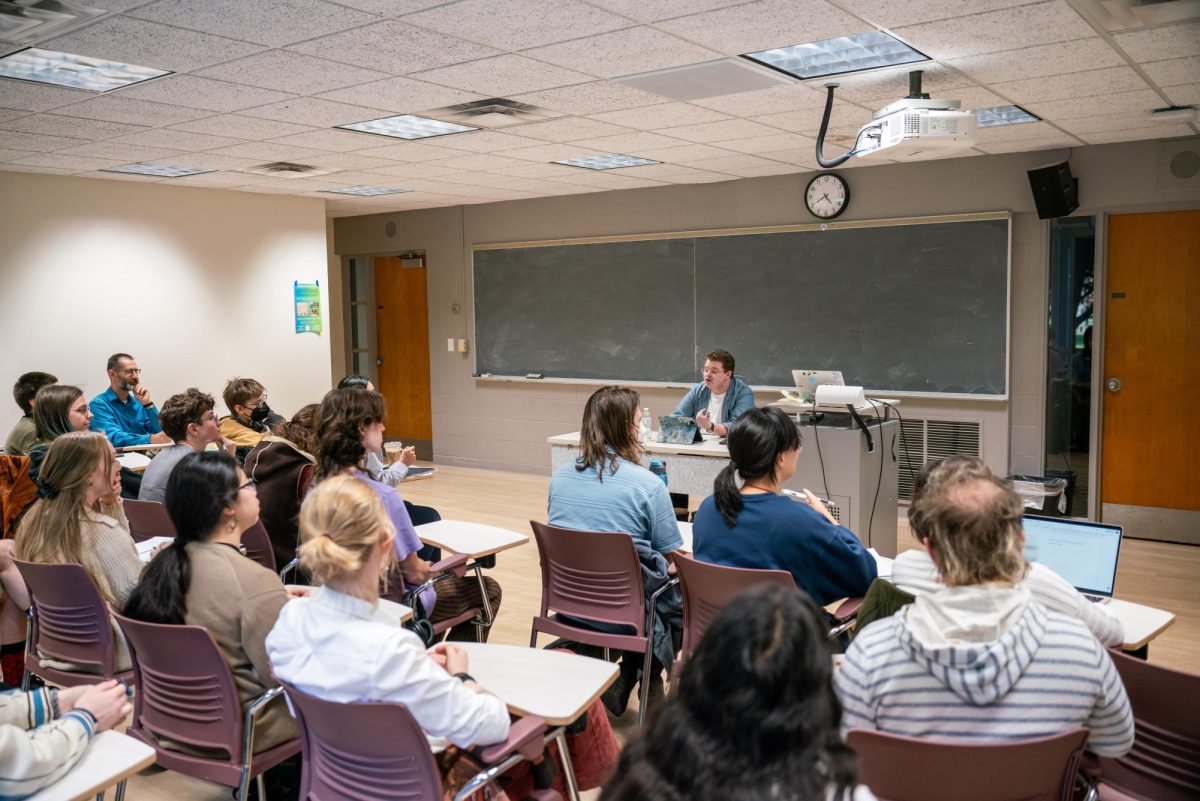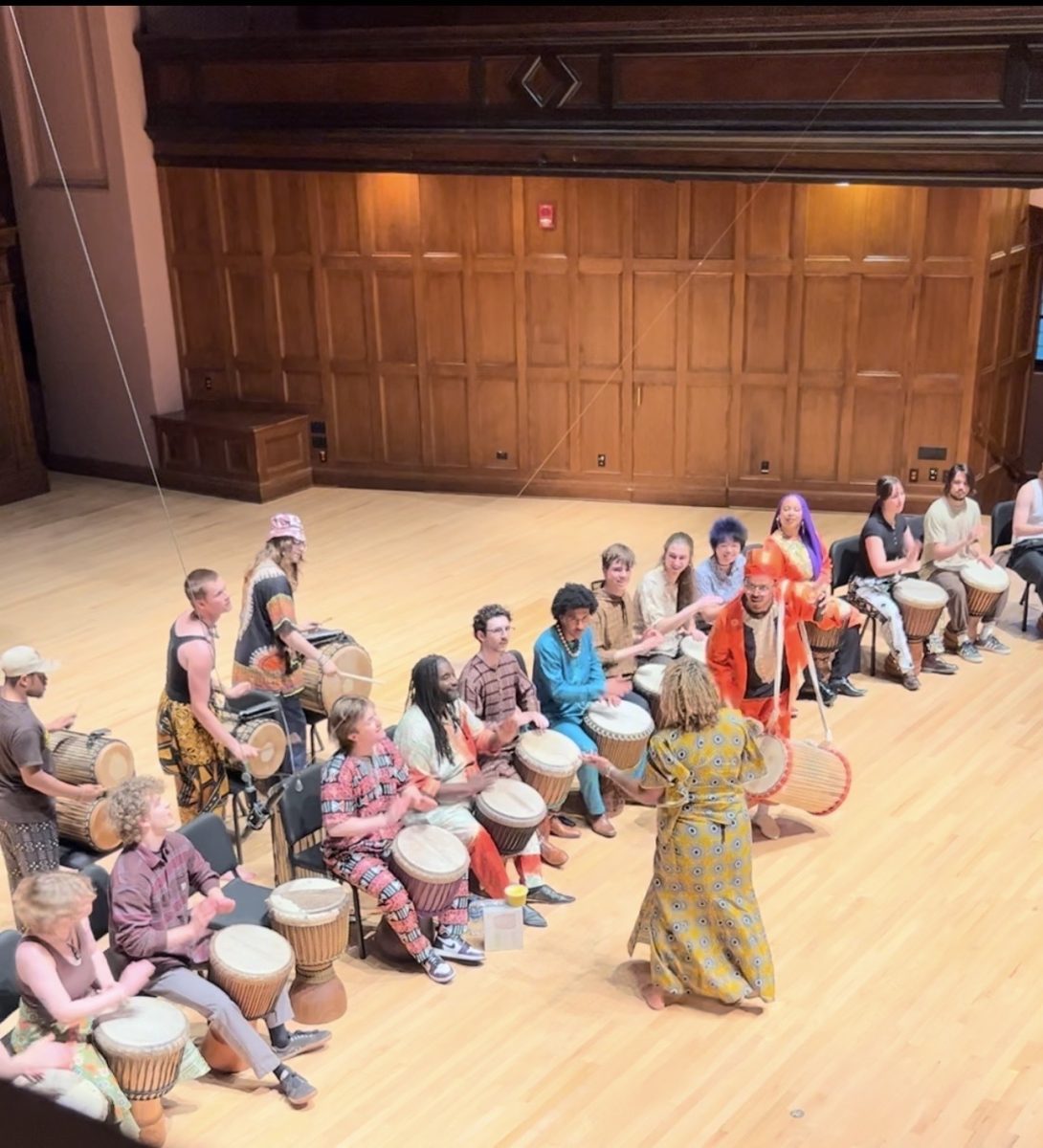Unanimous Vote by Council Retracts Support for Pipeline
October 31, 2014
Oberlin City Council unanimously voted last Monday in favor of retracting support from the NEXUS pipeline, a project led by DTE Energy and Spectra Energy. The pipeline would span nearly 250 miles from upper Ohio to Ontario and deliver up to 2 billion cubic feet of gas to the Midwest and Canada every day.
As of now it is uncertain whether or not DTE Energy and Spectra Energy will choose to move forward with the installation of the pipeline. City Manager Eric Norenberg said he was concerned that they were still looking to build in Oberlin.
Last fall, the community passed a bill of rights outlawing the addition of any new pipelines. Members of the community expressed concern that working with DTE and Spectra went against that bill.
“The City Council decided that it would set a clear policy that in the future it won’t be supporting communication that would enable the pipeline,” said Norenberg. “The city staff will have no more communication, even though I felt it was important to have some dialogue to know what was going on with the project. Now that we’ve said the pipeline is in violation with our community bill of rights, and until somebody else tells us they can go here, we won’t help them.”
The community bill of rights outlines rules and expectations involving the use and distribution of natural resources. It was written to reflect the community’s desire to be environmentally responsible and sustainable. Section five of the bill specifically prohibits the construction of the pipeline through Oberlin. If the companies choose to move forward, this will be the first time the bill is tested.
According to Norenberg, DTE and Spectra will have to first plan out the route of their project, then file an application with the Federal Energy Regulatory Commission.
“Once the Commission determines that the pipeline is necessary and the route is appropriate, I’m not sure whether we have any jurisdiction to tell them ‘No’ if the federal government says ‘Yes,’” Norenberg said.
The source of the gas has been a concern for many students and community members. Hydraulic fracturing, more commonly known as fracking, is the process of injecting fluids consisting of water, sand, lead and miscellaneous chemicals into the shale layers of rock in order to extract natural gas. Safety concerns have been raised due to the secretive nature of the chemical components — including known carcinogens — in the fluid.
Several studies have also found that low-income communities and communities of color have been disproportionately affected by industrial pollution.
“It’s going to be going through the Black River Watershed, which is where our drinking water comes from, so that’s a major concern,” said College sophomore and Anti-Frack member Mae Kate Campbell. “If any contamination occurred, it would not only affect Oberlin, but also many other communities.”
The companies are currently interested in three parcels of Oberlin city land about 600 feet long, located near the ball fields and Splash Zone. If they do decide to install the pipeline, the regulatory processes would not begin until 2015 or 2016, and ground would not be broken until 2016 or 2017.
City officials are currently facing uncertainty about what steps they can take to prevent the compa-nies from building the pipeline. So far, communication has consisted only of letters written between City Council and NEXUS project officials. The City Council sent a copy of their ordinance to NEXUS project officials in hopes that the corporations would question the legality of their actions.
For Campbell, the next steps include educating students and communing with members to discuss their land-owning rights.
“We want to act as a support resource for those other community groups,” Campbell said. “Myself and a couple other students are involved in a media team. Right now we are designing a website that people would be able to use to get information if they are being approached by surveyors. … We are outlining all their legal rights, making it clear you can refuse these people coming onto your land.”


















